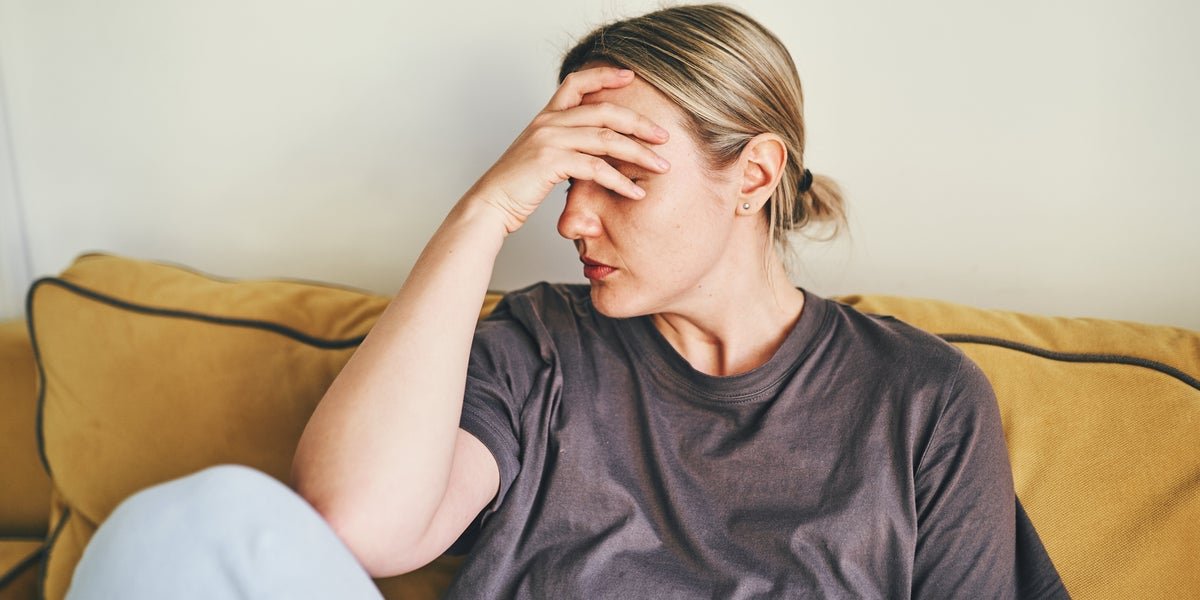As tensions escalate between India and Pakistan following the Pahalgam terror attack on April 22, 2023, anxiety related to potential warfare has surged. This phenomenon, termed ‘war anxiety,’ is characterized by feelings of dread, helplessness, and heightened awareness of threats. Mental health professionals are raising concerns about the psychological impact of constant news coverage and its effects on civilian well-being.
In response to the military operation called Operation Sindoor, many individuals are experiencing panic. Rupa Chaubal, a clinical psychologist, emphasizes the importance of managing this panic. Establishing a robust support system is critical; connecting with family and friends can provide comfort during these uncertain times. Engaging in regular conversations about daily life rather than focusing solely on the news can foster a sense of normalcy. Moreover, if feelings of anxiety become overwhelming, seeking professional assistance is advisable.
The consumption of news plays a significant role in shaping our mental state. While staying informed is important, excessive exposure to news can exacerbate anxiety. Chaubal notes that misinformation and fragmented updates can distort perceptions, prompting individuals to remain in a state of hyperarousal. To counter this, it’s essential to limit news intake and focus on reliable sources rather than engaging in excessive doomscrolling, which can heighten feelings of unease.
Eating habits often change under stress, with some individuals gravitating towards comfort foods while others may lose their appetite. To restore balance, maintaining a structured meal schedule is beneficial. Planning light and nutritious meals in advance can reduce decision fatigue and impulsive eating. Staying hydrated is also vital, as dehydration can mimic feelings of anxiety. Mindful eating, where one focuses on the texture and taste of food, can prevent overeating or skipping meals due to distraction.
Physical activity can significantly aid in managing anxiety. Techniques such as the 4-4-4-4 breathing method—inhale for four seconds, hold for four, exhale for four, and hold again for four—can help regulate the nervous system. Apps offering guided meditations can assist users in grounding themselves. Engaging in yoga or simple stretching exercises for 15 to 20 minutes can alleviate both physical tension and mental distress. Even a brief 10-minute walk can help metabolize stress hormones and improve mood.
Participating in enjoyable activities, such as reading or watching uplifting content, can serve as healthy coping mechanisms. These activities provide emotional regulation and remind individuals of joy and hope, even during turbulent times.
Given the unpredictability of the current situation, having a well-stocked medicine cabinet is advisable. Maintaining a supply of essential medications for chronic conditions is crucial, especially for vulnerable populations such as the elderly or children. This includes medications for cardiovascular issues, diabetes management, and pain relief. Keeping basic first aid supplies and common cold remedies on hand can also be beneficial.
For those feeling overwhelmed, numerous helplines offer support, including the National Tele Mental Health Programme of India at 14416 and the Roshni Helpline at +91 4066202000. It’s essential to reach out for help when needed, as maintaining mental health is vital during these challenging times.



